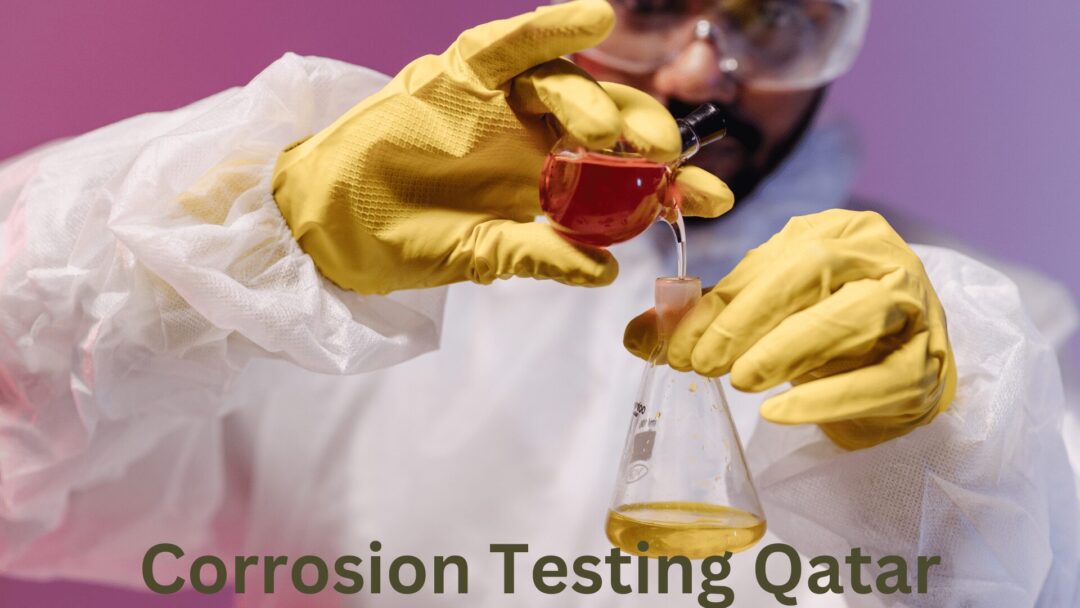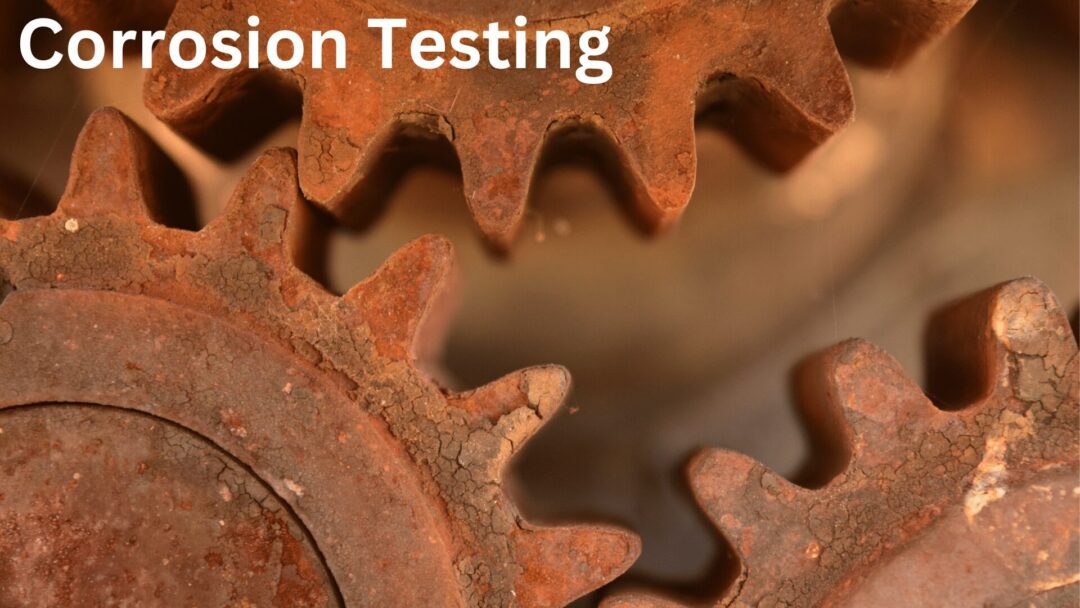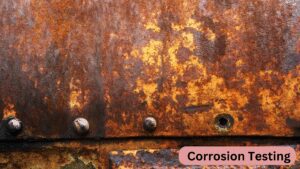
Corrosion is a pervasive and expensive problem across many industries, from oil and gas to construction and transportation. Corrosion can result in equipment failure, reduced performance, and even safety risks – so selecting materials for your project wisely to ensure durability, longevity, and safety is vital. Corrosion Testing provides the solution; in this blog post, we’ll look at how corrosion testing can assist in selecting suitable materials for your next endeavor.

What Is Corrosion Testing?
Corrosion testing is a method used to assess the corrosion resistance of materials under specific environmental conditions. This often includes subjecting them to high temperatures, humidity, saltwater exposure or chemicals for analysis; monitoring their reaction can then reveal the type and extent of corrosion as well as help predict the durability of materials.
Why Is Corrosion Testing Crucial?
Corrosion damage to equipment and structures can cause serious disruptions that require downtime, maintenance costs, and safety hazards if left unaddressed. Therefore, selecting materials that can withstand your project environment and conditions effectively is key – corrosion testing helps identify suitable options, thus decreasing corrosion-related failure risks while improving overall performance and safety.
How Can Corrosion Testing Assist with Material Selection?
Corrosion testing provides valuable insight into the corrosion resistance of materials, helping you select those most suited to your project. Here are a few ways it can assist with material selection:
Comparison of Material Performance
Corrosion testing allows you to compare the performance of various materials under identical conditions, helping you select those with superior corrosion resistance and durability. This method of comparison can be especially helpful when selecting from two or more similar properties but differing corrosion resistance profiles.
Corrosion Testing to Optimize Material Selection
Corrosion testing can assist with optimizing material selection by evaluating the tradeoff between cost and performance. For instance, you might prefer the highest corrosion-resistance material but find it too costly; corrosion testing helps you find a balance between both by identifying materials that meet both requirements and budget constraints.
Corrosion Testing in Chemicals Testing Labs
Chemical testing labs play an integral role in corrosion testing by providing specialized equipment, expertise, and resources necessary for performing numerous tests. They offer salt spray testing, cyclic corrosion testing, immersion testing as well as customized protocols tailored specifically to each project’s requirements.
Corrosion Testing in Qatar
Qatar is an emerging nation with an exploding construction industry, making Corrosion Testing In Qatar essential to ensure the safety and durability of structures and equipment. Testing labs specialize in corrosion evaluation by using state-of-the-art equipment and protocols to assess materials for resistance against corrosion in their tests; customized corrosion analysis tests can also be conducted according to project requirements, providing assurance that chosen materials can withstand local environments and conditions.
Conclusion
Corrosion testing is an integral part of selecting materials suitable for your project, mitigating corrosion-related failures while improving overall performance and safety. Through testing corrosion resistance, material performance comparison, and optimizing material selection processes, corrosion testing provides invaluable insight into material behavior that can guide informed decisions. Chemical testing labs conduct corrosion testing using sophisticated equipment and protocols in order to deliver reliable and precise results; in Qatar, corrosion testing has an essential place in assuring overall project success.






No comment yet, add your voice below!